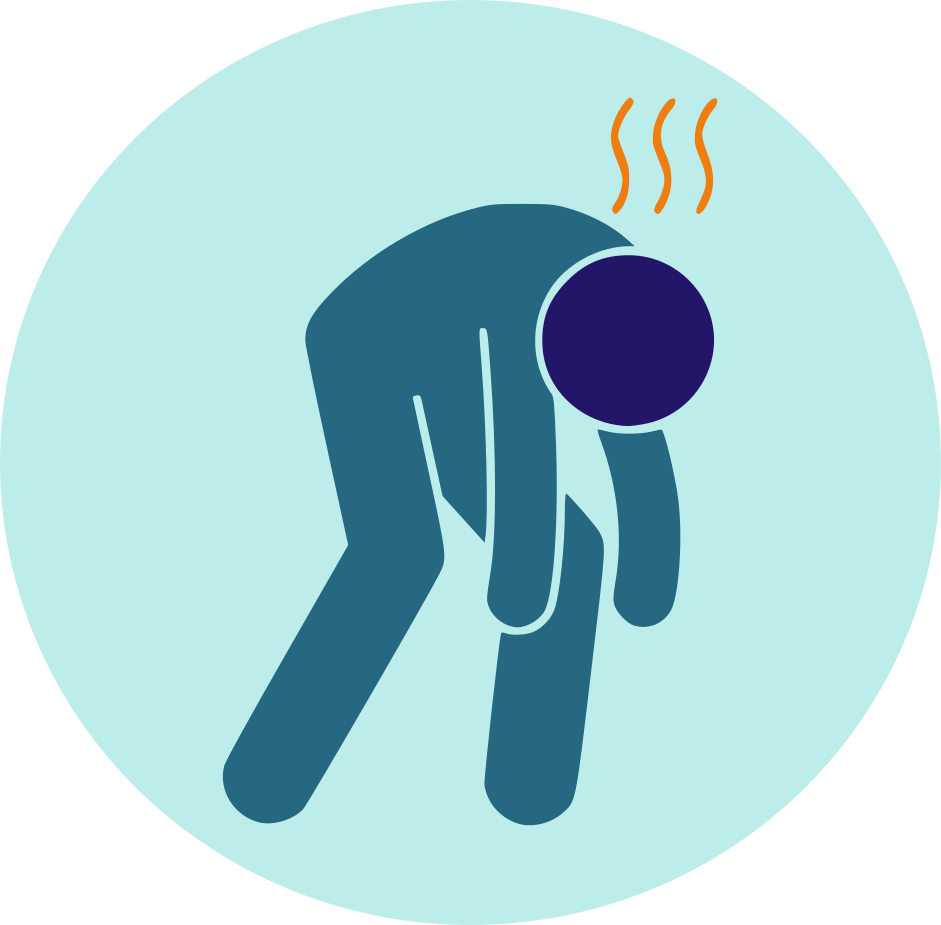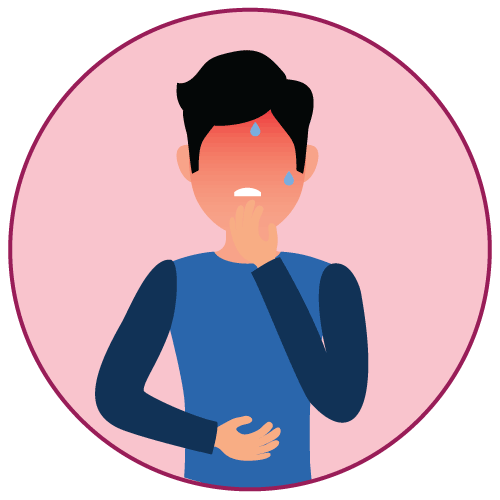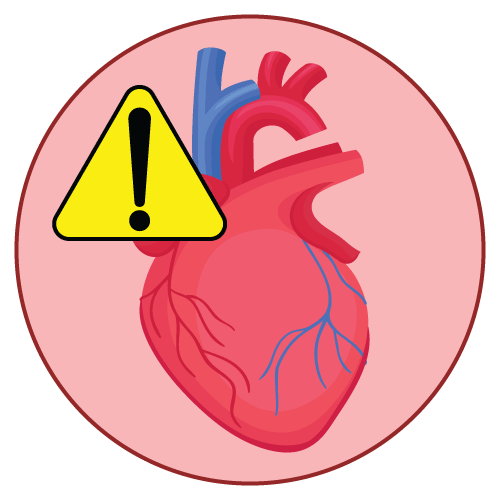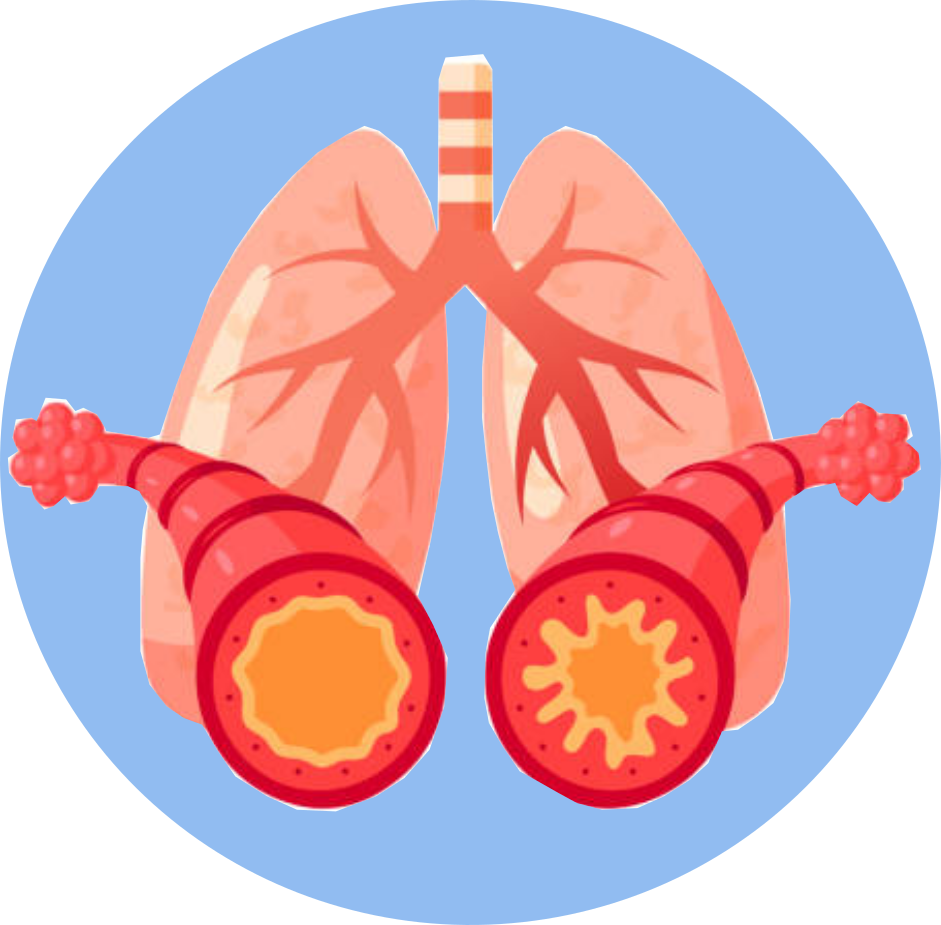| Name | Cabergoline |
| Classes |
Hormonal Agent Prolactin Inhibitor |
| Diseases |
Galactorrhea Hormonal Disorder Hyperprolactinemia Painful Period Uterine Fibroids |
Cabergoline
Cabergoline belongs to the class of drugs known as dopamine receptor agonists. Its primary mechanism of action is the stimulation of dopamine receptors in the pituitary gland. By acting on dopamine receptors, Cabergoline inhibits the secretion of prolactin, a hormone responsible for lactation and reproductive function. In addition to its prolactin-lowering effects, Cabergoline also exhibits activity at other dopamine receptors, contributing to its therapeutic actions.
Cabergoline is indicated for the treatment of hyperprolactinemia, a condition characterized by elevated levels of prolactin in the blood. It is also used for the treatment of disorders associated with hyperprolactinemia, such as prolactin-secreting adenomas (prolactinomas), menstrual irregularities, and infertility.
Dosage may vary based on individual patient response, the specific condition being treated, and the healthcare provider's recommendation.
-
Hyperprolactinemia:
- The usual starting dose is 0.25 mg twice weekly.
- Dosage adjustments may be made based on the patient's prolactin levels and clinical response.
-
Prolactinomas:
- The recommended starting dose is typically 0.5 mg per week, given in one or two doses.
- The dosage may be increased gradually, with regular monitoring of prolactin levels and adjustment as needed.
- Cardiac Valvulopathy: Cases of cardiac valvulopathy, including fibrotic changes, have been reported in patients receiving long-term treatment with dopamine agonists. Regular monitoring for signs and symptoms of valvulopathy is recommended.
- Neuropsychiatric Events: Patients treated with dopamine agonists, including Cabergoline, have reported psychiatric symptoms such as hallucinations, confusion, and impulse control disorders. Monitor for these events, and consider discontinuation if they occur.
- Hypotension and Syncope: Cabergoline may cause hypotension and syncope, particularly during the initial days of treatment. Caution is advised, especially in patients with a history of hypotension or those receiving antihypertensive therapy.
- Impulse Control Disorders: Patients should be monitored for the development of impulse control disorders, including compulsive behaviors such as gambling, binge eating, and hypersexuality.
- Pregnancy and Lactation: Cabergoline should not be used in pregnancy unless the potential benefit justifies the potential risk to the fetus. It is excreted in breast milk, and breastfeeding is generally not recommended during treatment.
Contraindication
Cabergoline is contraindicated in individuals with known hypersensitivity to Cabergoline or any component of the formulation or known hypersensitivity to ergot derivatives such as-
None known.
Cabergoline Tablets are contraindicated in patients with:
- Uncontrolled hypertension.
- History of cardiac valvular disorders, as suggested by anatomical evidence of valvulopathy of any valve, determined by pre-treatment evaluation including echocardiographic demonstration of valve leaflet thickening, valve restriction, or mixed valve restriction-stenosis.
- History of pulmonary, pericardial, or retroperitoneal fibrotic disorders.
 Bangla
Bangla English
English








